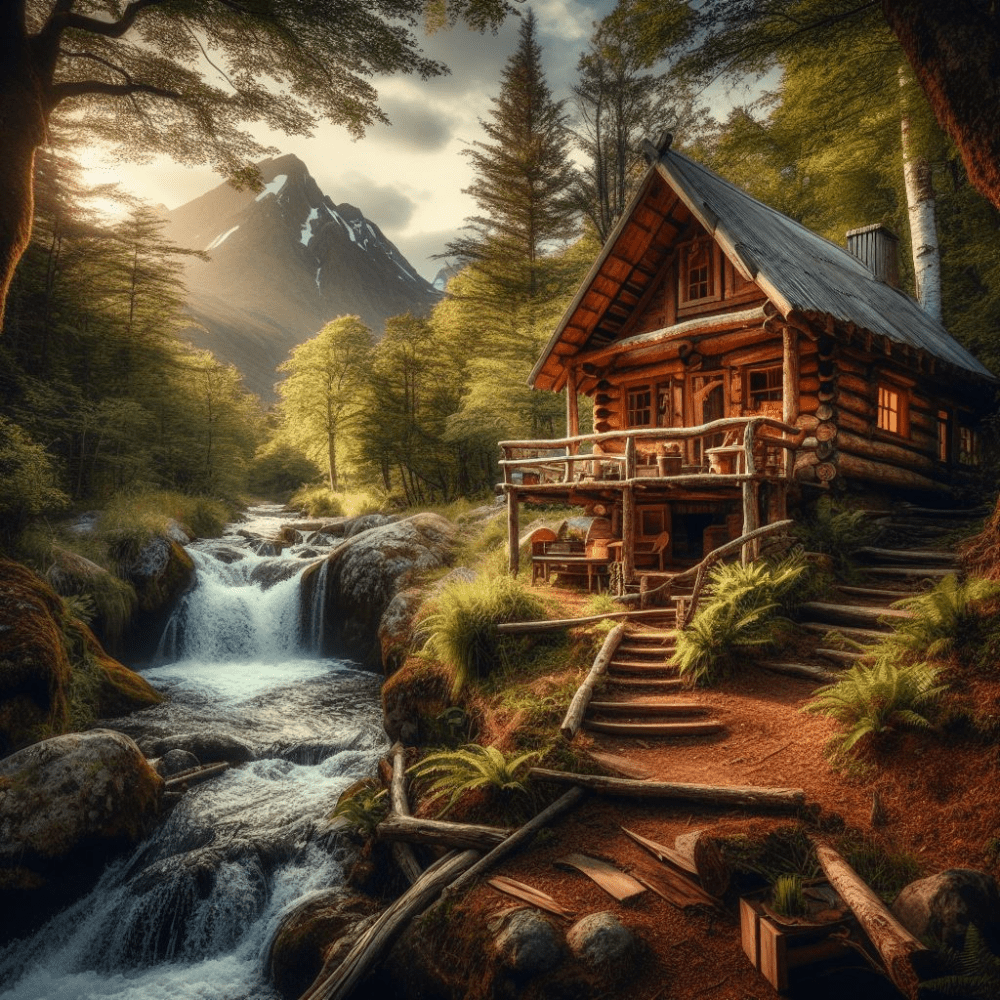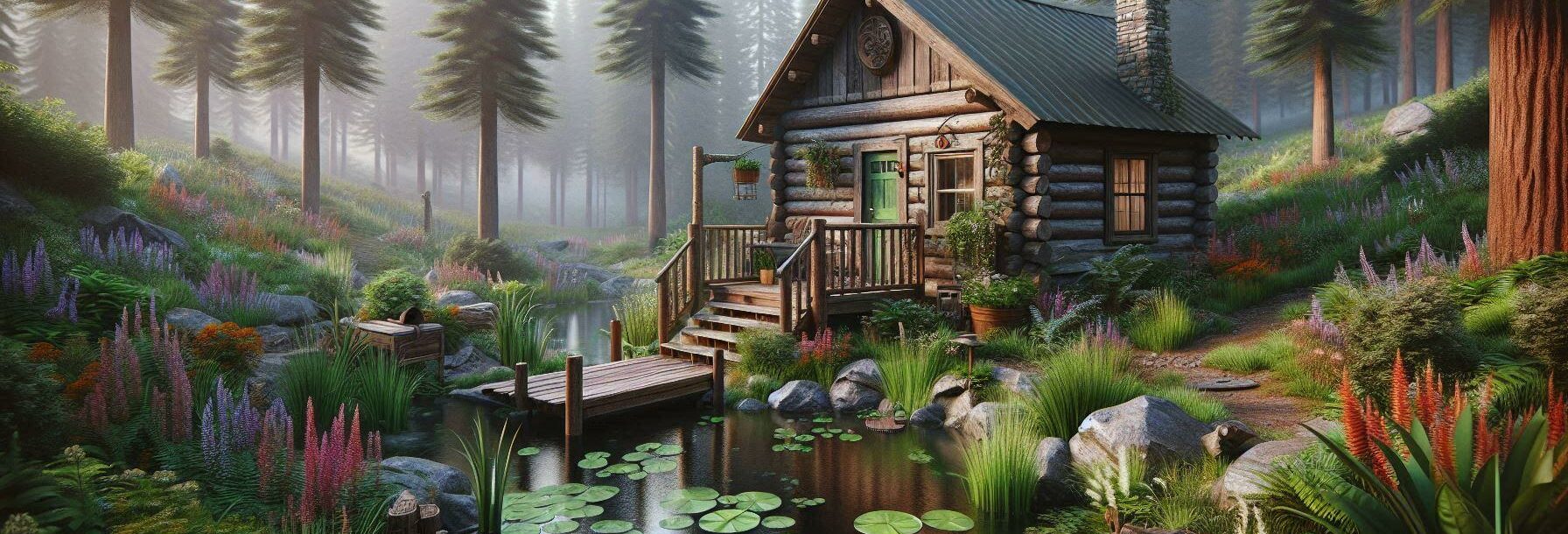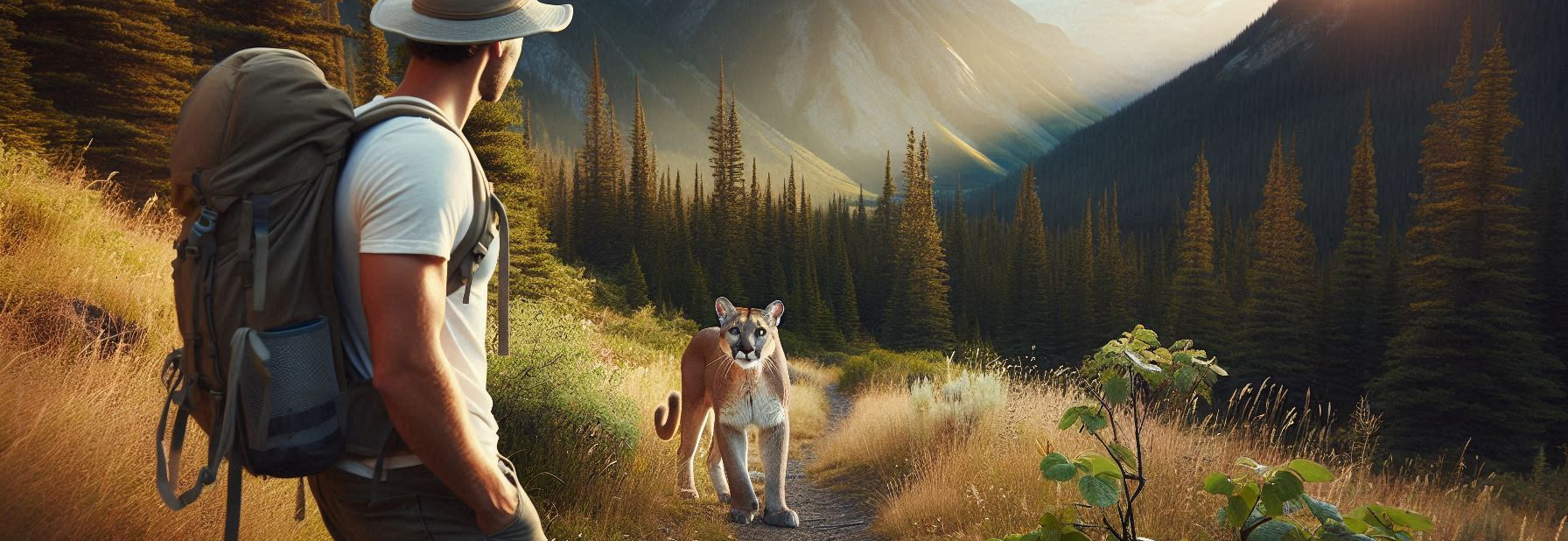A wildlife pond could be the jewel in the crown of your cabin’s landscape. Not only do these ponds bring heaps of ecological benefits, they also transform your yard into a picture-perfect haven of tranquility. Think of them as a living ecosystem, supporting a diverse range of flora and fauna, right at your doorstep.
Whether you’re dreaming of a serene natural oasis or a more structured formal pond, there’s no shortage of designs to consider. Natural ponds blend seamlessly with their surroundings, while formal ones add a touch of elegance and structure. Whichever style catches your eye, both are buzzing with wildlife potential.
Here is a book I recommend that has over 400 photos to Landscape Your Garden with Water, Plants, & Fish. CLICK ON THE PICTURE AND LET’S GET YOUR POND GOING!
Add in the pleasure of watching wildlife like dragonflies and frogs take residence, and you’ve got yourself a vibrant, interactive landscape feature. Plus, a well-designed pond boosts the property’s value, making it a win-win investment for nature lovers and home improvers alike.
Apart from these tangible benefits, there’s the intangible joy of kicking back next to a water feature and letting all worries drift away. Picture yourself in a comfy seat, perhaps with a good book in hand, as the gentle sounds of water set the stage for ultimate relaxation.
Incorporating Local Ecosystems into Your Pond Design
Creating a wildlife pond isn’t just about digging a hole and filling it with water. It’s about crafting a microhabitat that nurtures and supports local ecosystems. One of the first steps is to evaluate the local fauna and flora, understanding what plants and animals naturally thrive in your region. This way, your pond isn’t fighting against nature but rather joining in harmony with it.
Opting for native plants is like setting out the welcome mat for local wildlife. They’re easy keepers since they’re already adapted to the local climate and soil conditions. Plants like reeds, water lilies, and cattails not only add beauty but are also essential for critters like frogs and small fish to thrive.
Here are some wonderful examples of what you can do with a pond. Of course, it will take time and work to get your pond to look like these examples but just be patient. Your pond will look beautiful in no time!
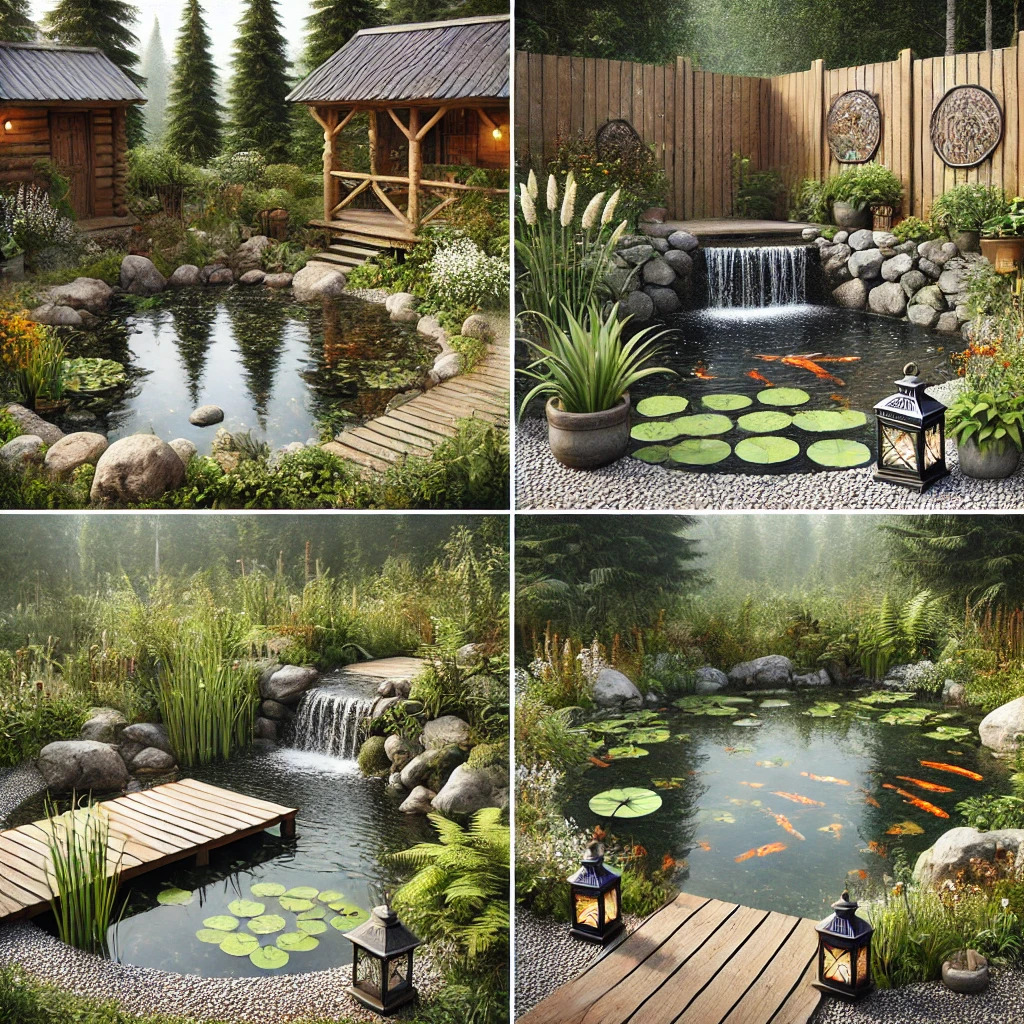
Balance is key. While you might want your pond to be a personal paradise, it’s vital to ensure it’s hospitable for natural residents, too. Consider incorporating features like the right mix of sun and shade, shallow areas for birds to bathe, or logs and rocks where turtles can sunbathe.
Enhancing biodiversity is about creating layers and complexities in your pond. Think about adding varying water depths, or integrating structures like bog zones or dragonfly stakes. This attracts a range of species, from pond skaters to newts, contributing to a buzzing, vibrant pond.
Designing for Aesthetic Appeal and Functionality
When it comes to making your pond eye-catching yet practical, think about using natural materials. Rustic stones, textured wood, and native plants come together to create a pond that feels like it was always meant to be there. These elements don’t just look great; they help your pond blend into the landscape, providing a more authentic and seamless environment for both humans and wildlife.
Pond shapes and sizes need variety for a truly dynamic look. Curved edges, varying depths, and small islands can make even the smallest water feature fascinating and engaging. It’s like creating your own little art piece, with water as your canvas.
Here are some more examples for you to get those creative juices flowing:
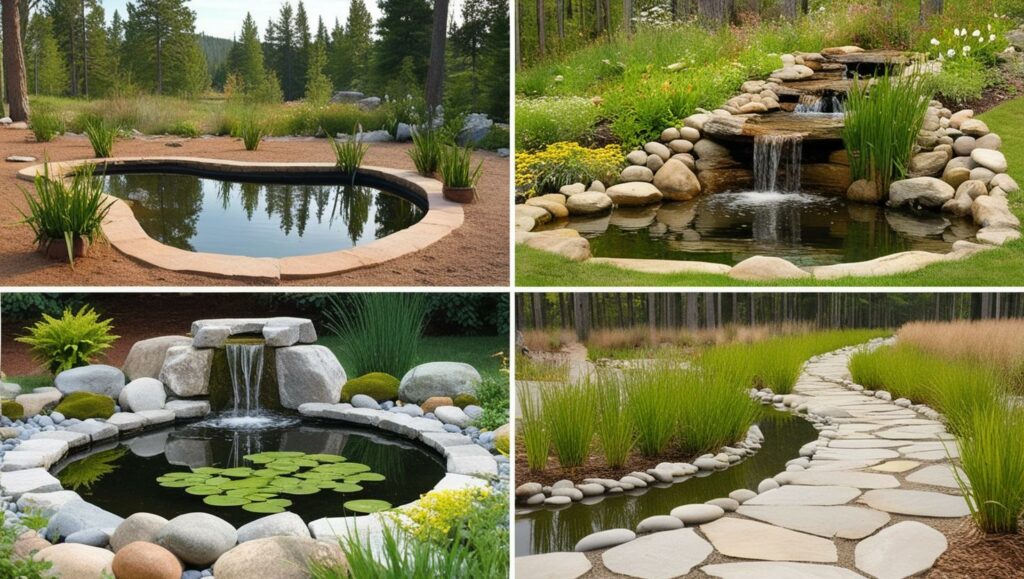
Adding a touch of movement with water features like small waterfalls or bubbling fountains not only enhances beauty but also helps to oxygenate the pond. Oxygen-rich water is great for fish and plants, creating a healthier ecosystem overall.
Don’t forget about lighting. Strategically placing a few solar lights or submersible LEDs can transform your pond into a magical oasis after dark. It’s perfect for those evenings when you want to relax and soak up the vibe of the outdoors without worrying about harsh lights killing the mood.
Tips for Maintenance and Attraction of Wildlife
Keeping your wildlife pond in tip-top shape is all about routine care without going overboard. Regular cleaning, like scooping out leaves and topping up water levels, maintains its health and vibe. It’s your simple way of making sure everything’s flowing just right.
Water quality is crucial, so consider a filtration system, especially if you’ve got finned friends. It helps manage algae growth without using harsh chemicals that can upset the natural balance.
This is a must for your pond and it has great reviews. TAKE A LOOK BY CLICKING ON THE PHOTO”
Plant maintenance might require a little pruning here and there. Cutting back overgrown plants ensures they don’t hog all the nutrients or light. For pest control, opt for natural solutions like introducing pond-friendly insects or fish that manage bugs for you.
Seasonal care for your pond keeps it thriving through the year. In winter, preventing water from freezing solid helps protect fish and plants. Come spring, a clean-up clears winter debris and revamps the pond for new growth and animal activity.
Bringing in more wildlife is part of the fun. Think about adding birdhouses or bee hotels nearby. Floating logs or strategically placed rocks give amphibians and reptiles the ideal hangout, turning your pond into a wildlife magnet.
